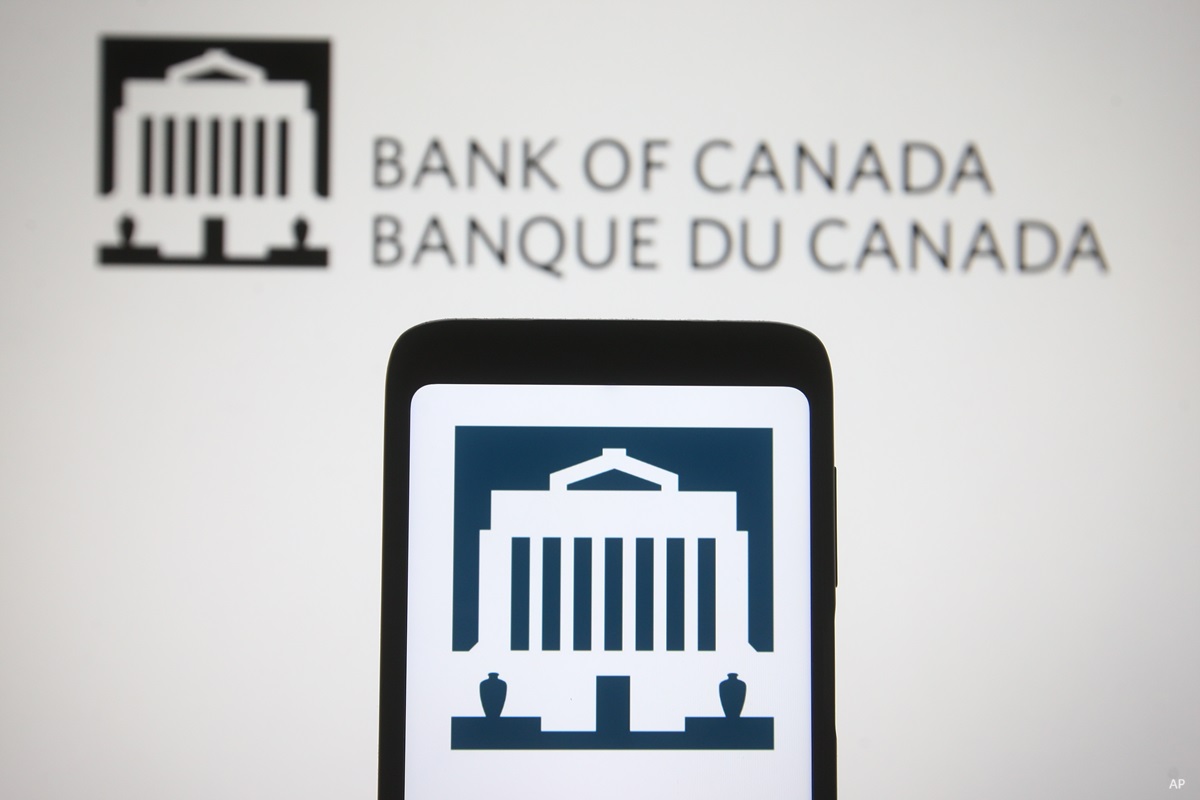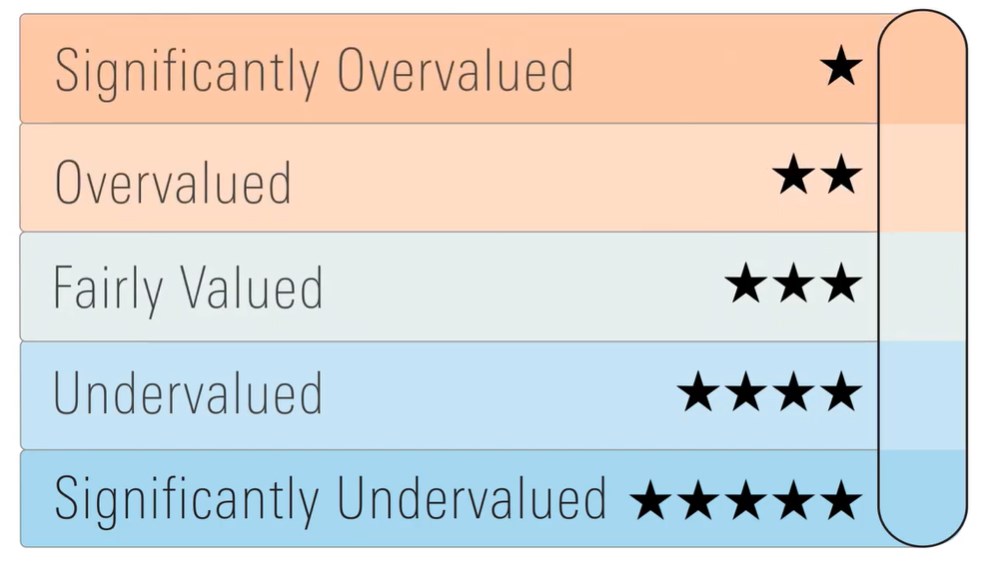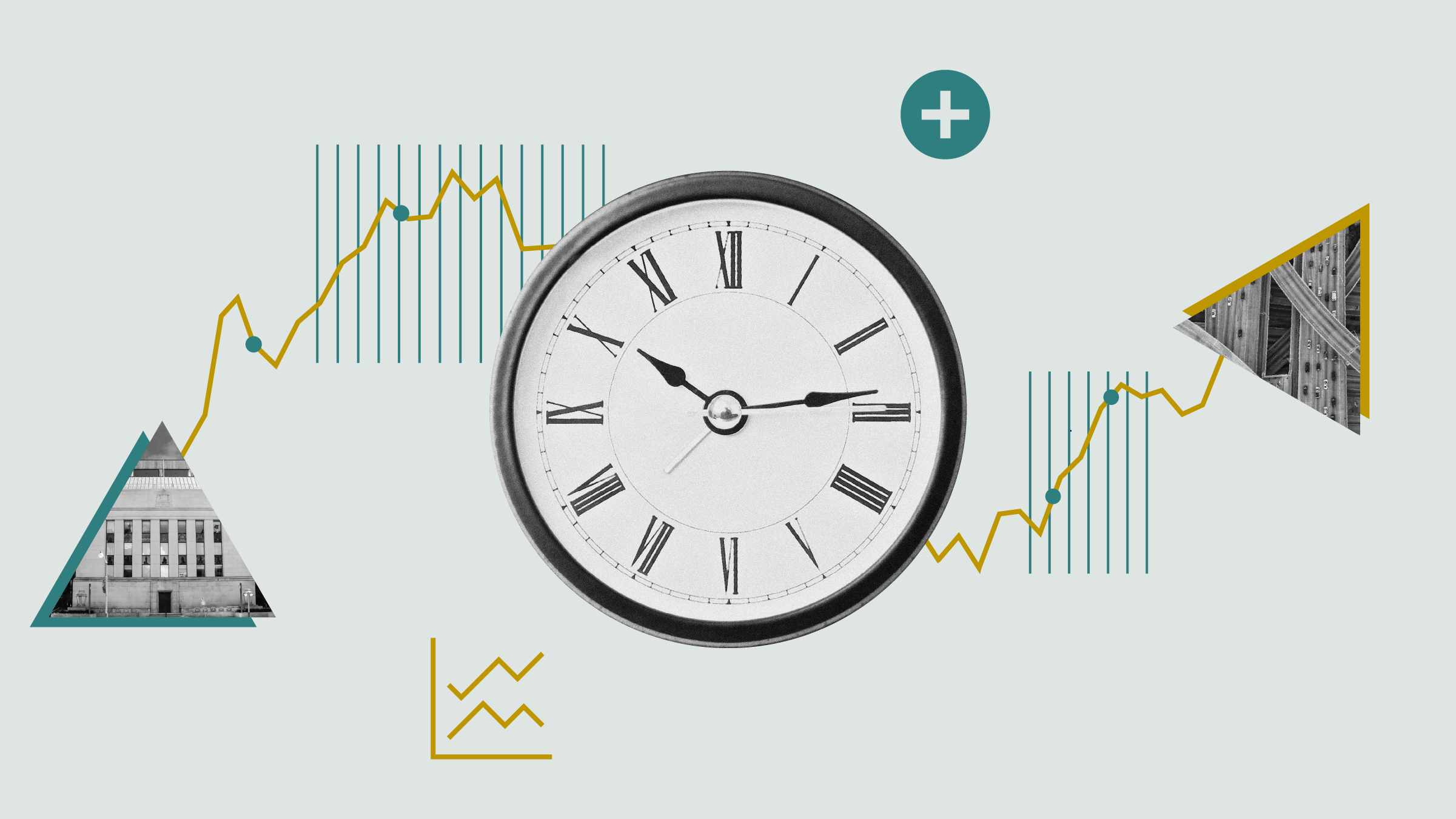
Today, the Bank of Canada announced a 0.75% increase to its key overnight rate, bringing it to 3.25%. The hike is the fifth this year in the fight against inflation brought on by a brutal combination of global political, economic and pandemic-related factors.
Bank of Canada Interest Rate Decision Rationale
“The effects of COVID-19 outbreaks, ongoing supply disruptions, and the war in Ukraine continue to dampen growth and boost prices,” said the Bank, “Global inflation remains high and measures of core inflation are moving up in most countries.”
Canadian Inflation Continues to Broaden
While inflation continues to increase, the rate at which prices are accelerating may be slowing. “In Canada, CPI inflation eased in July to 7.6% from 8.1% because of a drop in gasoline prices,” said the Bank, while underscoring that the ripple effects of inflation continue to broaden and are now particularly affecting the service sector: “The Canadian economy continues to operate in excess demand and labour markets remain tight.”
No Short Term Rate Hike Respite in Sight
The latest domestic demand figures show the Bank isn’t likely to slow down with rate hikes. Personal consumption levels in Canada clocked in at a 9.5% increase in the second quarter, while business investment was up nearly 12%. The Bank noted that the longer price pressures continue to expand in the economy, the higher the likelihood that elevated inflation becomes entrenched.
The Rate Hike and the Canadian Housing Market
Homeowners – especially those with variable mortgages – that are concerned about lengthy periods of quantitative tightening will have to contend with a Governing Council that “remains resolute in its commitment to price stability and will continue to take action as required to achieve the 2% inflation target,” said the Bank, “With higher mortgage rates, the housing market is pulling back as anticipated, following unsustainable growth during the pandemic.”
Tighter Personal Budgets Don't Make a Meltdown
An interest-rate-driven correction in housing doesn’t necessarily need to lead to a 2008-style debt meltdown, notes Morningstar’s Eric Compton, who assessed the impact and how it might manifest in the wider Canadian banking system. “There's going to be less spending power in the future, so there’s that risk to growth,” said Compton, “People are going to be paying more on their mortgages in the future, but it's nothing that would make me really worried for the safety of the Canadian financial system.”








.jpg)











